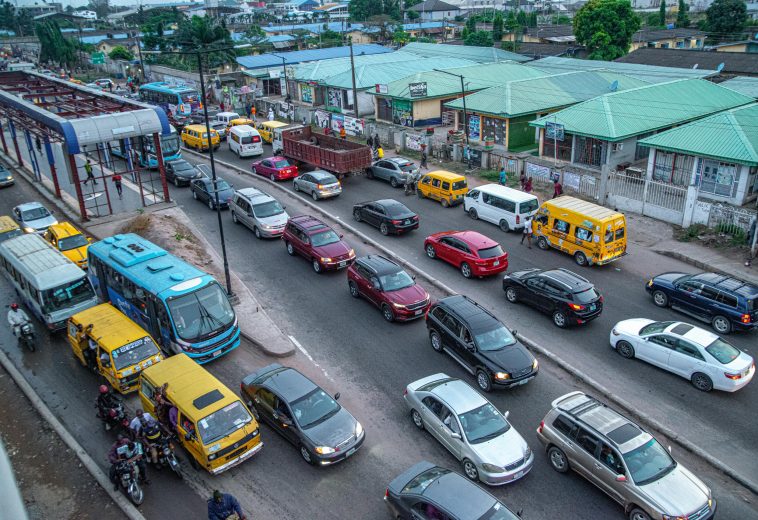Eastern and Central Africa have been the references on the topic of conflicts and rising food insecurity. These problems have facilitated the surge of refugees and migrants fleeing their native lands to better and more conducive societies to survive. Tanzania has been at the receiving end, welcoming these refugees and migrants from various African countries, especially from; Burundi, Sudan, and the Democratic Republic of Congo (DRC).
Since its independence in 1961, Tanzania has maintained open borders for refugees, reflecting the nation’s founding principles of peace, stability, and Pan-African solidarity. According to the United Nations High Commissioner for Refugees (UNHCR), over 255,000 refugees and asylum seekers resided in Tanzania as of June 2023.
While the country does not host as many refugees as some nations in the Horn of Africa, Tanzania’s longstanding hospitality is commendable, with the nation even incorporating its humanitarian commitment into national legislation. Over the years, Tanzania has also been a signatory to various refugee and migration agreements, most notably the 1951 Refugee Convention and its 1967 Protocol, which provide a legal framework for the rights and responsibilities of refugees within its borders.
Although Tanzania has made tremendous strides in the safety and well-being of refugees over the years, in recent times, the country has begun to back-pedal in its acceptance of refugees. In 2018, Tanzania withdrew as a signatory to the Comprehensive Refugee Response Framework discouraging the arrival of new refugees.
According to the then-president, John Magufuli, The country was going to cut down on its acceptance of refugees. Magufuli said, “Don’t insist on staying in Tanzania as refugees or expect citizenship while Burundi is now stable,” and since then the country has prohibited or restricted refugees living in camps from working and generating income.
The decision by the Tanzanian government was born out of the rising numbers of refugees flooding inside the country. The increasing numbers of refugees has strained the countries’ resources, and infrastructure, and have socio-economic impacts on host communities limiting the countries’ ability to manage the refugees. But the country, through collaboration with international organisations and neighbouring countries, has shown remarkable resilience towards addressing the humanitarian needs of the region.
Tanzania through the East African Community (EAC) and the International Conference on the Great Lakes Region (ICGLR) has continued to play a major role in regional initiatives aimed at addressing refugee issues. Collaborations between the Tanzanian government and global bodies like; United Nations High Commissioner for Refugees (UNHCR), United States Agency for International Development(USAID), World Health Organisation (WHO) have also been instrumental in the provision of humanitarian aid to the refugees.
Tanzania has consistently addressed the needs of refugees, which has placed additional strain on the national economy. As a result, the country has recently implemented certain restrictions on these refugees. The urgent requirements for shelter, food, healthcare, and education for these individuals are further exacerbated by global inflation, climate change, and international conflicts.


